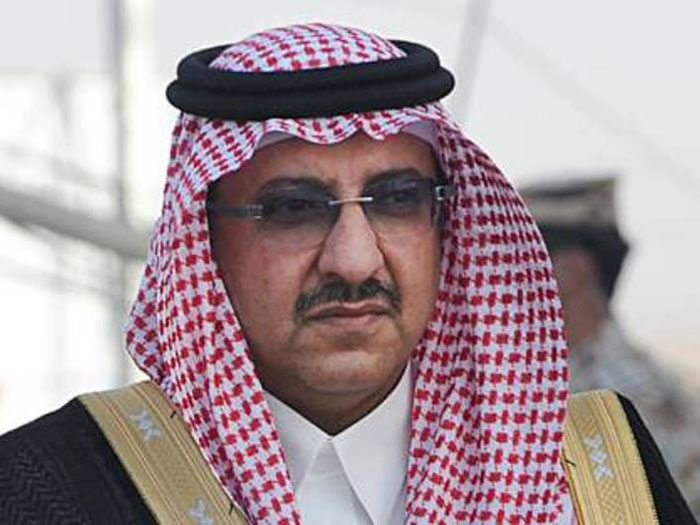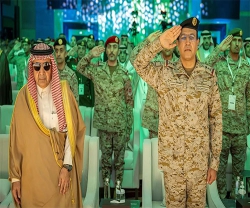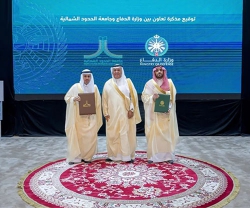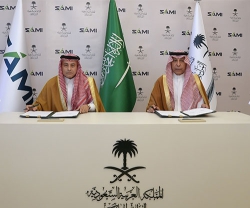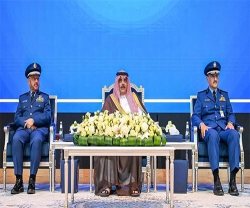Iraq and Saudi Arabia on Wednesday resumed security cooperation talks, including discussion of a prisoners exchange deal.
Saudi Interior Minister Prince Mohammed bin Nayef (photo) and Iraq’s Ministry of Interior Senior Undersecretary Adnan al-Assadi were scheduled to discuss a possible prisoner-exchange deal between the Kingdom and Iraq.
Saudi daily newspaper Okaz reported that a deal had already been drafted and it was signed by Riyadh but that the Iraqi parliament rejected it.
Assadi had been working during the past few days with the Iraqi Parliament to sort out the issue, according to the newspaper.
Saudi Arabia and Iraq have opened discussions on the issue of prisoners earlier in November, when a Saudi man was released from an Iraqi jail said he was tortured by Iranian Revolutionary Guards.
Abdullah al-Anzi spent 8 years in detention in Iraq after he was arrested for illegal entry into the country. During his years of detention, he was transferred between several prisons, including the notorious Abu Ghraib west of the capital Baghdad.
According to Tamer al-Balheed, Head of the Committee for Saudi Detainees in Iraq, said the number of Saudi detainees in Iraq is estimated at 60, kept in different Iraqi prisons, all staying in deplorable conditions and exposed to various forms of torture.
“Some of them perish while in detention like detainee Mazen Abdullah al-Harbi, who died in the Soussa Prison in Suleimaniyah in February 2007 and until this moment, his body has not been handed to the Saudi authorities.”
However, when the issue of exchanging prisoners was introduced, the “Iraqi government refused it,” according to Balheed.
“We were met with extreme intransigence on the part of al-Maliki’s government,” Balheed said.
Balheed also expressed his surprise at the Iraqi government’s stance on Iraqi detainees in Saudi.
“There are 130 Iraqi prisoners in Saudi Arabia, 9 of whom are in the death row, and they have repeatedly pleaded with Iraqi officials and clerics to mediate to solve their cases, but the Iraqi authorities forgot about them.”
Source: Al Arabiya; Okaz

